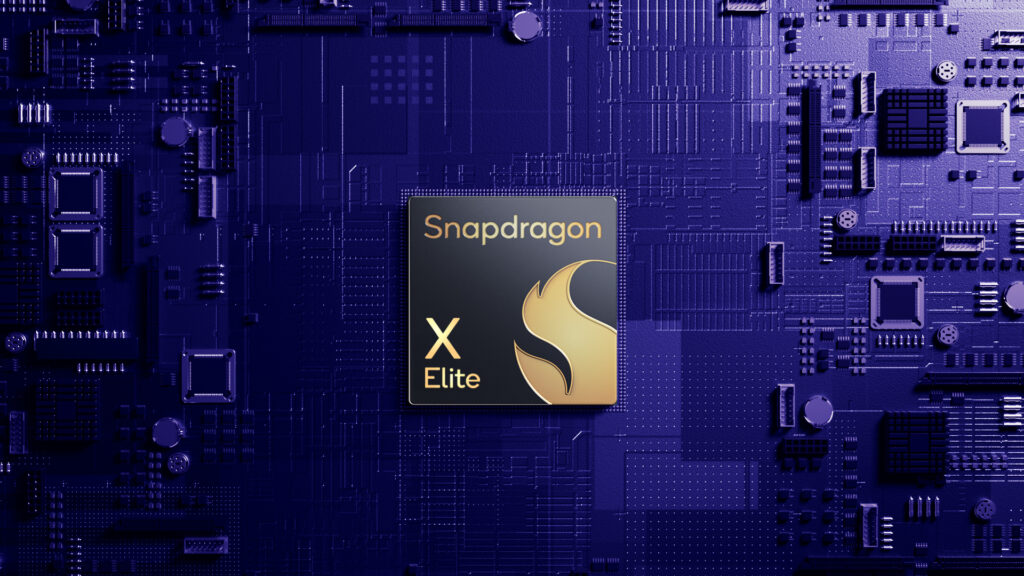The global PC market has been suffering from a heavy post-Covid hangover for the past couple of years, recording consecutive double-digit declines of 13.8% (projected) in 2023 and 16.6% in 2022 according to research firm IDC.
This in turn has had a negative impact on the Taiwan tech industry, including leading Taiwan motherboard and PC makers such as Acer, Asus, Gigabyte, ASRock, and MSI, leading to lower profit margins because of inventory gluts and in some cases workforce reductions and restructuring.
While attempts at diversification into gaming laptops, cloud computing, and AI have enabled some companies like Asus to reduce their dependence on traditional PCs, there is no denying that these companies are looking to the 2024 rollout of the AI PC to restore some momentum to the mainstream market.
Naturally, both Intel and AMD are bullish about the prospects for the AI PC. At the recent Intel AI Everywhere launch event, Michelle Johnston Holthaus, executive vice president and general manager of the Client Computing Group at Intel, announced 230 systems and notebooks featuring the new Intel Core Ultra processor, and projected sales of more than 100 million AI powered PCs in the next two years.
These are impressive numbers to be sure. But given the time that it will take to ramp up volume manufacturing of AI PC desktops and notebooks, it will probably not be until the second half of 2024 that sales have a tangible impact on the bottom lines of the Taiwan motherboard and PC makers.
As IDC’s forecast of 3.4% PC market growth next year shows, the Taiwan tech industry will have to wait until 2025 for the AI PC to go truly mainstream.
Gadgets, gizmos, software and devices. I love all technology.



